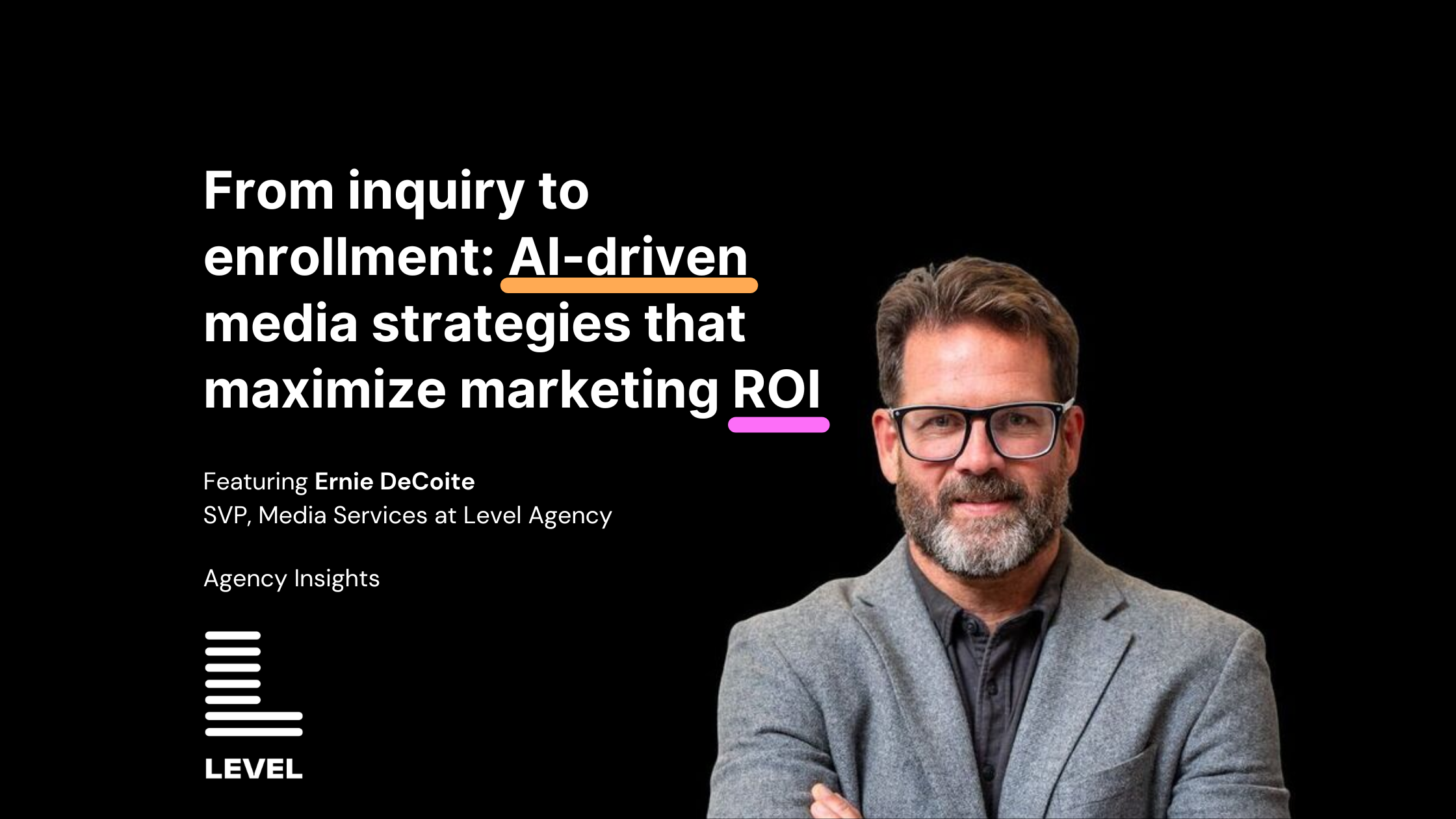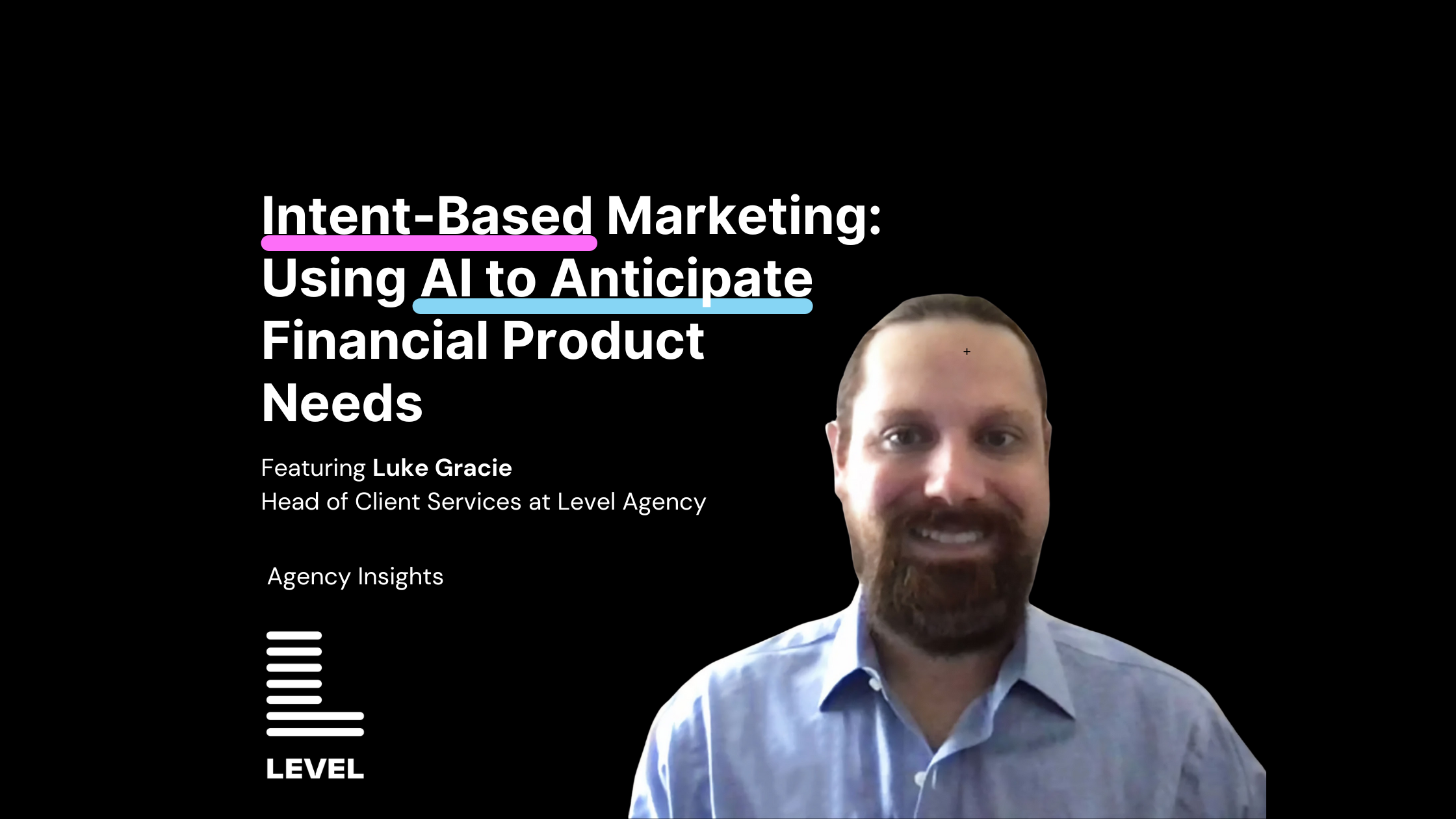Is AI content bad for SEO? Let’s take a look. We’ll examine its impact on your search rankings, the pros & cons of AI content for businesses, and how Google views AI-generated content.
TL:DR of an Already Pretty Short Blog
- AI content is efficient in content creation using NLP and machine learning but lacks the human touch that resonates with readers.
- AI content can boost SEO through speed and scalability but carries risks of inaccuracies and lack of emotional connection, so human oversight is needed for quality control.
- Google treats AI content the same as “human” content, with a focus on originality, usefulness and following guidelines to avoid penalties and get good rankings.
AI Content for SEO: Pros and Cons
AI content brings a combination of advantages and disadvantages to the table. It’s a game changer for speed, efficiency and scalability in content creation. But it also carries risks of accuracy, emotional connection and originality. Businesses looking to use this technology need to understand how AI content affects these.
Let’s look at both.
AI Content Advantages
One of the biggest advantages of AI content is the time and resource savings. AI tools can produce high-quality content for search engines in no time, so marketers can focus on strategy and creativity. This speed and efficiency is unmatched, allowing businesses to:
- Stay ahead in the fast paced digital world
- Maximize productivity and output
- Streamline content creation process
- Scale content production without sacrificing quality
Scalability is another big plus. AI content can be produced in bulk without proportionate increase in resources, so businesses can meet the growing demand for fresh content. AI tools also do keyword research and optimization by quickly analyzing large datasets to find keywords and topic ideas.
And AI driven analytics tools can analyze top ranking competitors’ content and user intent and provide expert knowledge and insights to improve SEO. By using these tools businesses can optimize their content creation process and overall content marketing strategy.
AI Content Disadvantages
Despite the advantages, AI content is not without its downsides. One of the biggest is the risk of errors and inaccuracies. AI tools can sometimes hallucinate and make up information, such as wrong statistics or sources which can damage the credibility of the content. This is why human oversight is needed in the content creation process.
Another big disadvantage is the lack of human emotion and creativity in AI content. AI can produce factual and structured content fast but often fails to engage readers emotionally or provide unique perspectives. This limits AI content from being appealing and effective in grabbing the audience’s attention.
How Google Sees AI Content
Google treats AI content the same as human content, using the same quality standards of E-E-A-T (Experience, Expertise, Authoritativeness, Trustworthiness).
High-quality content benefits users and also ranks well in search. This is Google’s way of saying high-quality content – regardless of origin – will be featured in higher rankings. It can sniff out low-quality content that was created solely to manipulate rankings.
Google has a history of adapting its systems to filter out low-quality content, including AI-generated spam. The search giant favors information from authoritative sources, especially for YMYL (Your Money or Your Life) topics like health, finance, and civic knowledge. This means only the best content rises to the top.
AI Content Impact on Search Rankings
Google’s 2024 core update reduced low quality AI content in search results by 45%. So maintaining high standards is key. Long dwell times means a page is relevant to the audience is important. So making sure AI content meets E-E-A-T guidelines and provides value is crucial for higher SERP positions. Writing good meta descriptions also helps with user engagement and search results.
So what did we decide?
In short, it’s a little of both. AI content has its advantages and disadvantages for SEO. While it can save time, do keyword research and scale content, it can also be inaccurate, lack emotional engagement and produce duplicate content. Google’s focus on quality standards like E-E-A-T means only high quality, helpful content ranks well.
To use AI content, you need to combine AI tools with human oversight to ensure accuracy, add a human touch, and avoid duplication. By following these guidelines, businesses can integrate AI into their content strategy and get the benefits without suffering the drawbacks.








